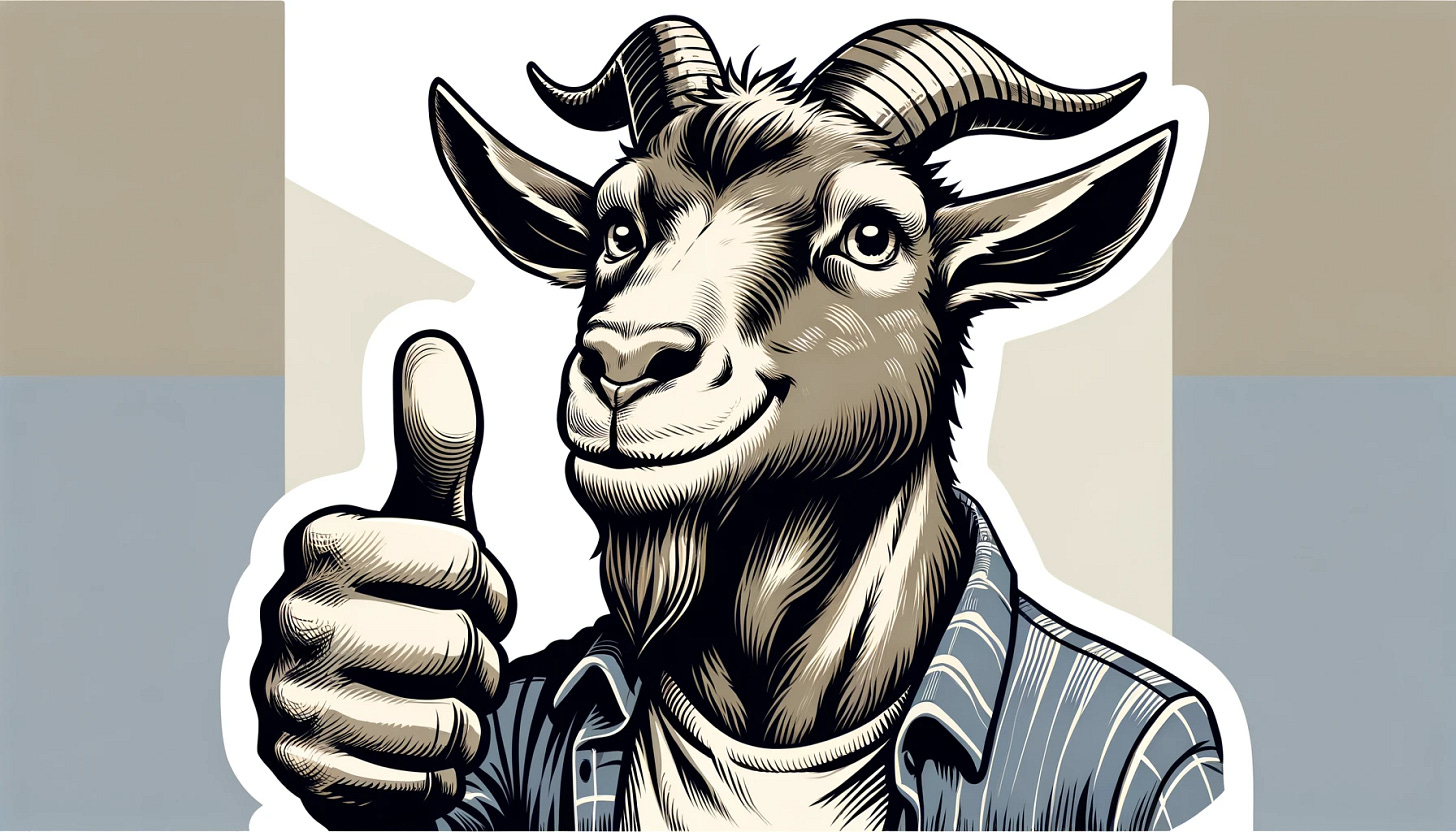Ever hear about the following phenomenon?
A group of very attractive young adults will go out, presumably with one potential goal being to find a dating partner of some kind. Along with them, there’s usually one person who is less attractive (albeit, this is all subjective).
That person knows a thing or two about human psychology. They understand—at least on a practical level—how the halo effect works. It’s just like it sounds, and the characteristics of a larger group can easily fool us into thinking that an individual member of that group must share those traits.
Cognitive bias is everywhere. We cherry-pick the data that supports our views. With minimal experience, we vastly overestimate our understanding of the totality of a subject. We’re far too quick to imagine that someone had a particular intention when they did something.
In summary, our brains can do a fantastic job of tricking us.
That’s why it’s important for me to continue to revisit this topic—it’s not just for you; I’m just as susceptible as anyone to these biases!
We’ve all heard of hindsight bias, one of the most famous forms of mistaken mentality.
I knew it all along, we say… but we didn’t, really.
The problem here is that our memories are malleable, so we’re not even a trusted arbiter of our own past experience. This means that our subconscious can rewrite the past, so to speak, and implant false memories.
We’re often very eager to convince ourselves that we were right before, making it seem as though we were more confident about an outcome than we really were.
I think I’ve seen this the most in sports and stocks. With sports, it was obvious that so-and-so should have run with the ball instead of the pass, and any idiot could have seen that their play on 4th down would be anticipated by the defense. With stocks, you just knew you should buy NVDA at the start of the year.
This is a really dangerous cognitive bias. Not only can it hurt other people, but it can also really hinder your ability to predict things in the future. You have to look back into your past in order to learn from it, and if you’re constantly rewriting the past to soothe your ego, you’re not going to learn real, viable lessons.
A close cousin of hindsight bias is called self-serving bias. This happens when you look back on how you got there, and think it was all you. You forget about all the people who helped you along the way, the folks who gave you the idea in the first place, and those who helped you drive the project home.
When things went wrong, it was someone else’s fault. When things went right, it was only due to your brilliance. You can probably see why hindsight bias plays right into self-serving bias: the easiest person to fool is yourself.
We need to be able to look backwards, so we can learn from our past. Those who do not learn from the mistakes of their past, are surely destined to make those same mistakes again and again. Let’s not do that.
I like to collect cognitive biases, so I can better understand where I’m most vulnerable. I like to actively question what I think I know (within reason), making sure that my foundations and assumptions are solid. This is even more important to me, since I share things with you every day.
Can you think of any really good examples of the halo effect from TV shows? Google tells me Ross from Friends is a good example of this, but should I believe it?
What are your other favorite (or least favorite) types of mental mistakes we make?






I really like your point about the halo effect! It's a fascinating bias. Then there's the similar concept of stereotyping, which focuses on judging individuals based on their group affiliation. While the halo effect influences our perception of a single person, stereotyping makes assumptions about an entire group.
The most obvious one I can think of is when journalist Brian Williams was fired by NBC because his verbal depiction of events he was involved with didn't match up with the truth. Apparently you can get away with verbal fabrication in politics but not in journalism.
The unattractive person in the group is commonly known as the "wing" person.